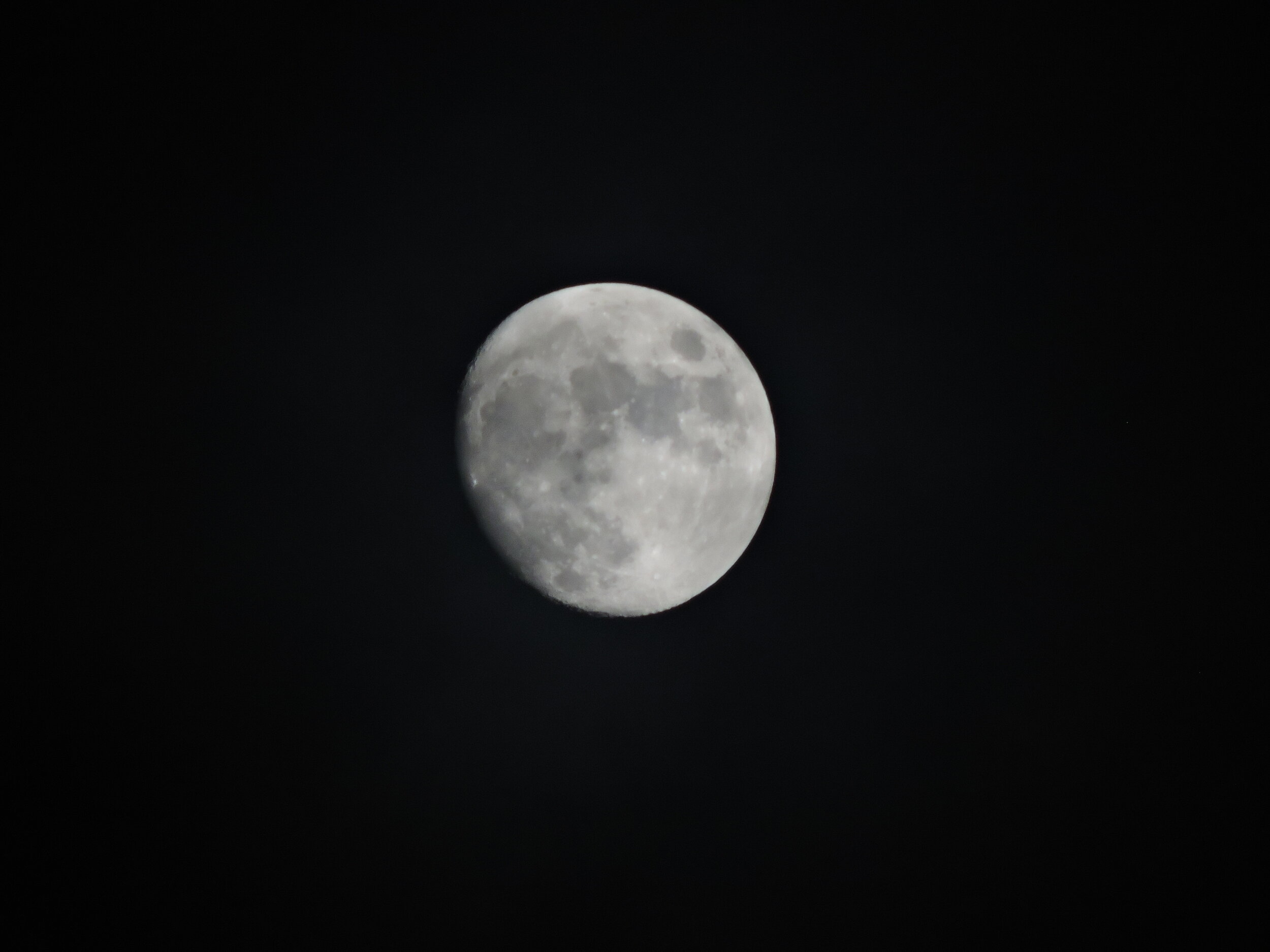On the launch of the Crew Dragon 30.5.20 or Why the World Needs a Rocket Launch Right Now
/Millennials weren’t there when man stepped on the moon in 1969 but for many of us, it feels as if we were. Overlying grainy footage of the Apollo 11 launch are Hollywood moviestars swaddled in spacesuits. Imagination demands fodder and for better or worse, these are the images that build a person’s idea of space. But no matter how many times we superimpose Tom Hanks’ face over that of Neil Armstrong’s (1), the core of the tale is unimpeachable.
Three men, two racing countries and one small step…
Half a century later and a contingent still holds vigil, our faces turned to Cape Canaveral, that most hallowed location for space flight. The situation is different, of course. The world is no longer united in its focus on Florida as a new, disseminated challenge has drawn its attention. And anyway, when it comes to space haven’t we been there and done that? Why the hoo-hah over another rocket launch? Even scientific miracles can be snubbed it seems.
For those of us that do keep the faith though, our viewing habits have changed. We no longer crowd round the living room television as they did in the 60s. Viewing portals are far more portable these days and we can watch miracles from a computer in any place that has an internet connection. That in itself is a marvel, born of the technology that sent man to the Moon mere decades ago.
No matter from where we view though, the excitement is the same. An afternoon launch allows for hours of commentary and rather than stultifying, it stimulates. Only great global events have such build-up. In a display of modern day mindfulness, one real time broadcast dominates, even if it sputters softly in the background as we do the laundry. But make no mistake, this day transcends the norm.
The digital clock whizzes inexorably towards 00:00 and as it does, blood adrenaline levels exponentiate, accelerating heart rates towards fight or (in this case most definitely) flight. When the final ten digits approach we too join in, counting down with exactly the same excitement as the children in the room.
With the magic words, we have lift-off. Clouds billow, expanding in tempests as man strives to harness nature’s violence for its own purpose. Through this a blaze of yellow pierces, intense enough to sear the vision even from a LED computer screen and then with a grace incongruous to the tumult below, the rocket lifts, resolute in its course to the big black beyond. At its tip, strapped in like tiny dolls, are two humans.
For many of us that is where reason fails. This incredible spectacle is entirely man-made and were we to devote ourselves to the study of astrophysics, we too could eventually understand the science that sends a man to space. But that is outside the realms of possibility for the majority of us with everyday jobs. Instead we must look on in wonder as a webcam on a spaceship relays images of our own blue-green planet via satellites, which were in turn launched in a blaze of fire and gas from our Earth. The mind boggles and then shuts down.
Maybe that is why only a relatively small group tune into rocket launches nowadays as opposed to the fifth of the world’s total population that watched Apollo 11’s take-off in 1969. Little wonder that when faced with the remarkable we default to the familiar. Instead of crowding round to watch humans leave our planet, we switch the channel back to the same news narratives, in much the same way that we shutter out the astonishing bird’s eye view from an aeroplane to look at a newspaper.
But for those of us who can bear to confront such extreme concepts the reward is wonder. To watch a rocket launch is to reorient towards the sublime, something that is too easily forgotten in the mire of an earthbound pandemic. Yes, humankind has problems galore but it also has aspiration, an unassailable desire to achieve more. For those of us sickened by the current state of the world we would do well to lift our gaze beyond the status quo and retrain our sights on the stars. We would join past generations, who have stared upwards and wondered how to escape the bonds of earth.
Only this time we have the knowledge to do so. Gravity itself can be overcome. The metaphor is especially poignant in these despairing times. Take heart and watch the rocket launch, knowing that no matter what the obstacle, no matter how improbable the odds, humankind can transcend it.
(1) Yes, I know that Tom Hanks played Jim Lovell, a completely different astronaut who was on Apollo 13 rather than Neil Armstrong, who was on Apollo 11. The mind works in mysterious ways.









![IMG-20190914-WA0007[1].jpeg](https://images.squarespace-cdn.com/content/v1/5b5382282487fdb5868c5bfa/1569143039796-ROD4E71Z84VP053OYW24/IMG-20190914-WA0007%5B1%5D.jpeg)
